Asking for a definition of covenant is something like asking for a definition of mother.
A mother may be defined as the person who brought you into the world. That definition may be correct formally. But who would be satisfied with such a definition?
Scripture clearly testifies to the significance of the divine covenants. God has entered repeatedly into covenantal relationships with particular men. Explicit references may be found to a divine covenant established with Noah (Gen. 6:18), Abraham (Gen. 15:18), Israel (Exod. 24:8), and David (Ps. 89:3). Israels prophets anticipated the coming of the days of the new covenant (Jer. 31:31), and Christ himself spoke of the last supper in covenantal language (Luke 22:20).
Some would discourage any effort to present a single definition of covenant which would embrace all the varied usages of the term in Scripture. They would suggest that the many different contexts in which the word appears imply many different meanings.
Clearly any definition of the term covenant must allow for as broad a latitude as the data of Scripture demands. Yet the very wholeness of the biblical history in being determined by Gods covenants suggests an overarching oneness in the concept of the covenant.
What then is a covenant? How do you define the covenantal relation of God to his people?
A covenant is a bond in blood sovereignly administered. When God enters into a covenantal relationship with men, he sovereignly institutes a life-and-death bond. A covenant is a bond in blood, or a bond of life and death, sovereignly administered.
Three aspects of this definition of the divine covenants must be considered more closely.
A COVENANT IS A BOND
In its most essential aspect, a covenant is that which binds people together. Nothing lies closer to the heart of the biblical concept of the covenant than the imagery of a bond inviolable.
Extensive investigations into the etymology of the Old Testament term for covenant ( ) have proven inconclusive in determining the meaning of the word.
) have proven inconclusive in determining the meaning of the word.
The formalizing element essential for the establishing of all divine covenants in Scripture is a verbalized declaration of the character of the bond being established. God speaks to establish his covenant. He speaks graciously to commit himself to his creatures, and to declare the basis on which he shall relate to his creation.
The prominence of oaths and signs in the divine covenants underlines the fact that a covenant in its essence is a bond. A covenant commits people to one another.
A binding oath of the covenant might take on a variety of forms. At one point a verbal oath could be involved (Gen. 21:23,24,26, 31; 31:53; Exod. 6:8; 19:8; 24:3, 7; Deut. 7:8, 12; 29:13; Ezek. 16:8). At another point some symbolic action could be attached to the verbal commitment, such as the granting of a gift (Gen. 21:28-32), the eating of a meal (Gen. 26:28-30; 31:54; Exod. 24:11), the setting up of a memorial (Gen. 31:44f.; Josh. 24:27), the sprinkling of blood (Exod. 24:8), the offering of sacrifice (Ps. 50:5), the passing under the rod (Ezek. 20:37), or the dividing of animals (Gen. 15:10, 18). In several passages of Scripture the integral relation of the oath to the covenant is brought out most clearly by a parallelism of construction (Deut. 29:12; II Kings 11:4; I Chron. 16:16; Ps. 105:9; 89:3, 4; Ezek. 17:19). In these cases, the oath interchanges with the covenant, and the covenant with the oath.
This closeness of relationship between oath and covenant emphasizes that a covenant in its essence is a bond. By the covenant, persons become committed to one another.
The presence of signs in many of the biblical covenants also emphasizes that the divine covenants bind people together. The token of the rainbow, the seal of circumcision, the sign of the Sabbath-these covenantal signs enforce the binding character of the covenant. An interpersonal commitment which may be guaranteed has come into effect by way of the covenantal bond. Just as bride and groom interchange rings as token and pledge of their constant faith and abiding love, so the signs of the covenant symbolize the permanence of the bond between God and his people.
A COVENANT IS A BOND IN BLOOD
The phrase bond-in-blood or bond of life and death expresses the ultimacy of the commitment between God and man in the covenantal context. By initiating covenants, God never enters into a casual or informal relationship with man. Instead, the implications of his bonds extend to the ultimate issues of life and death.
The basic terminology describing the inauguration of a covenantal relationship vivifies the life-and-death intensity of the divine covenants. The phrase translated to make a covenant in the Old Testament literally reads to cut a covenant.
This phrase to cut a covenant does not appear just at one stage in the history of the biblical covenants. Much to the contrary, it occurs prominently across the entire spread of the Old Testament. The law, all contain the phrase repeatedly.
It might be supposed that the passage of time would have dulled the vivid imagery of cutting a covenant. Yet the evidence of an abiding awareness of the full import of the phrase appears in some of Scriptures most ancient texts as well as in passages associated with the very end of Israels presence in the land of Palestine. The original record of the inauguration of the Abrahamic covenant, laden as it is with internal signs of antiquity, first introduces the concept of cutting a covenant to the biblical reader (cf. Gen. 15). At the other extremity of Israels history, Jeremiahs prophetic warning to Zedekiah at the time of Nebuchadnezzars seige of Jerusalem literally bristles with allusions to a cut-covenant theology (cf. Jer. 34).
A further indication of the permeating significance of this phrase is found in the fact that it is related to all three of the basic covenantal types. It is employed to describe covenants inaugurated by man with man,
Particularly striking is the fact that the verb to cut may stand by itself and still clearly mean to cut a covenant. This usage indicates just how essentially the concept of cutting had come to be related to the covenant idea in Scripture.

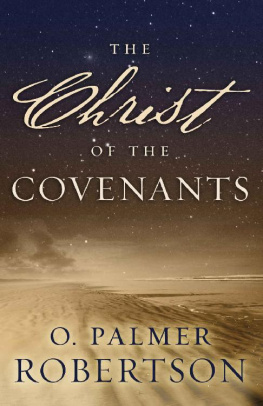
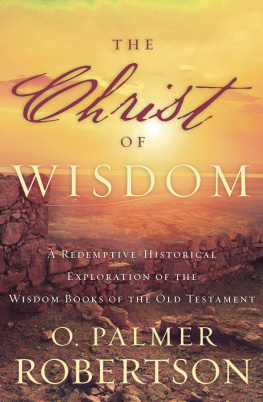


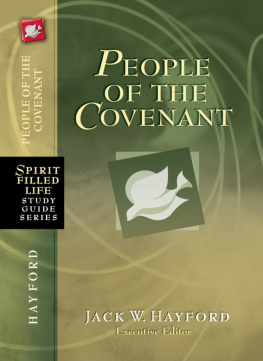
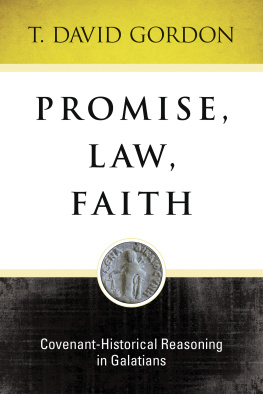
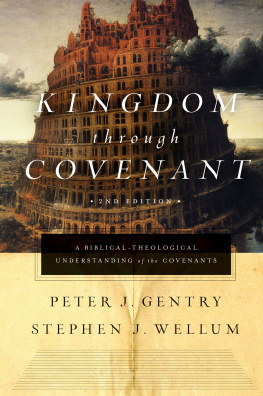
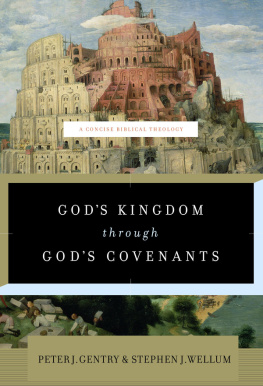
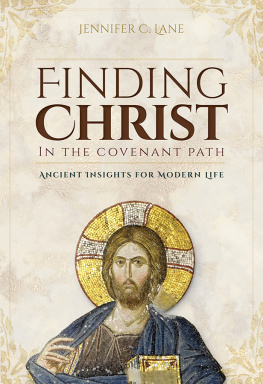
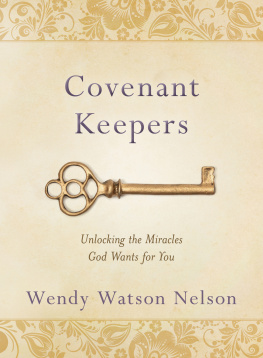
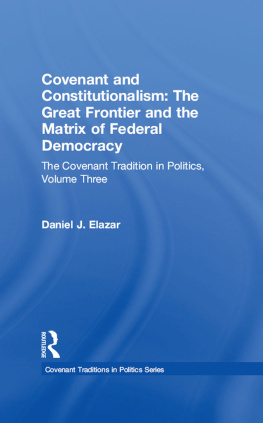

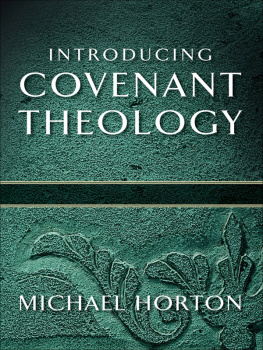
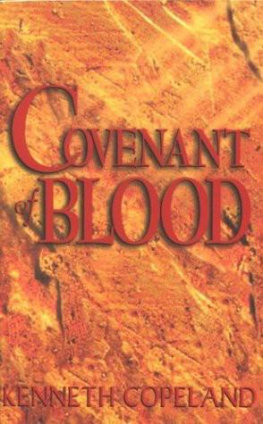
 ) have proven inconclusive in determining the meaning of the word.
) have proven inconclusive in determining the meaning of the word.